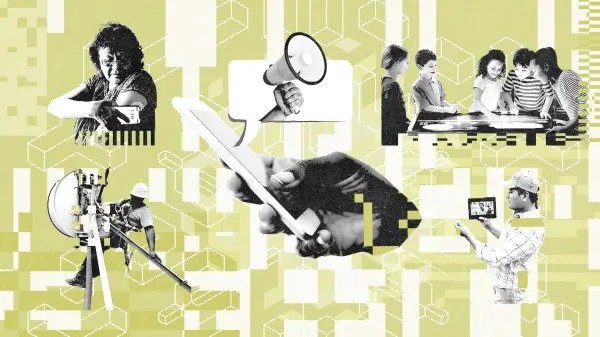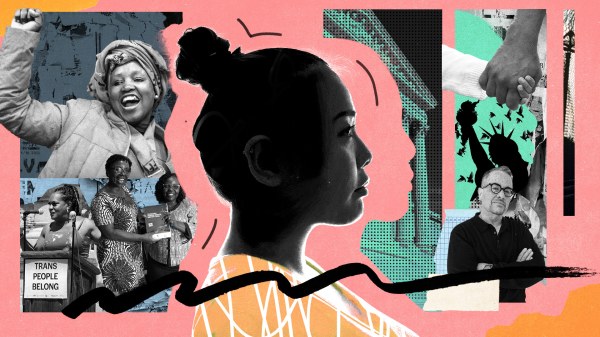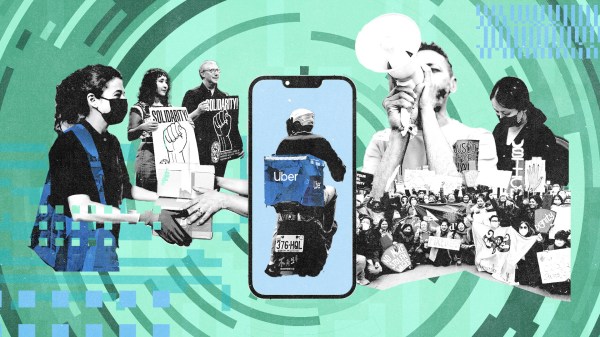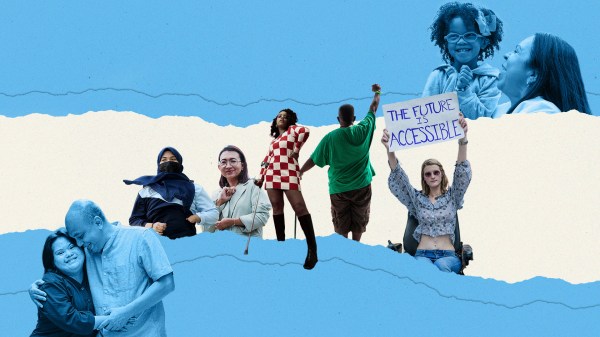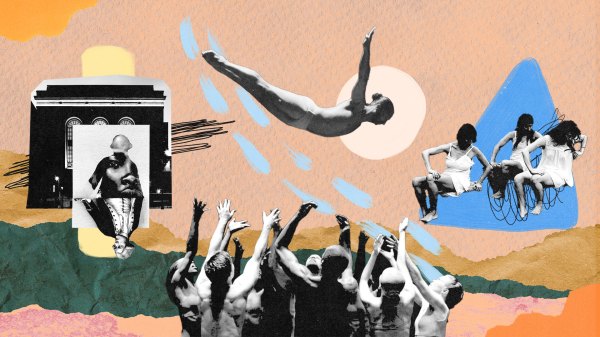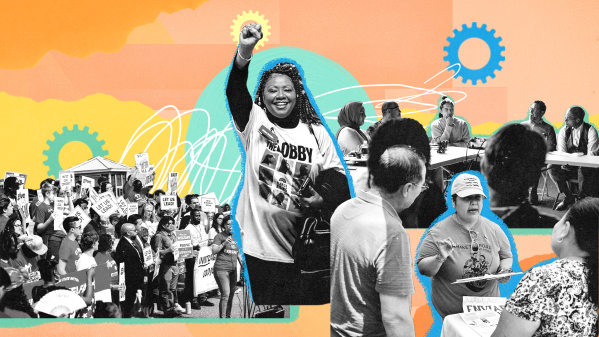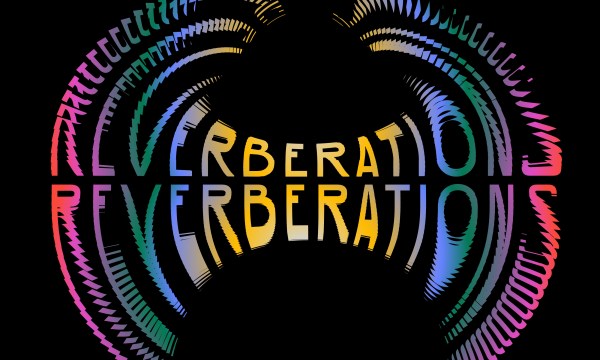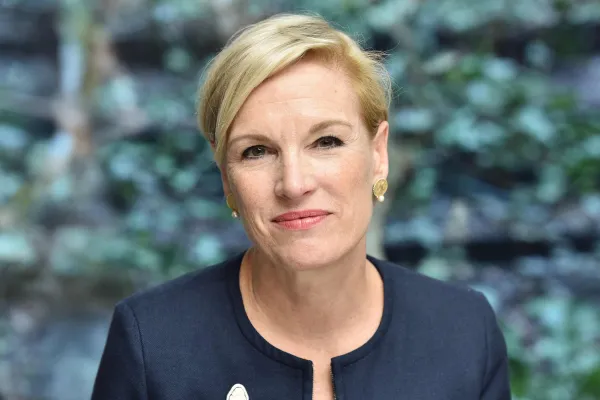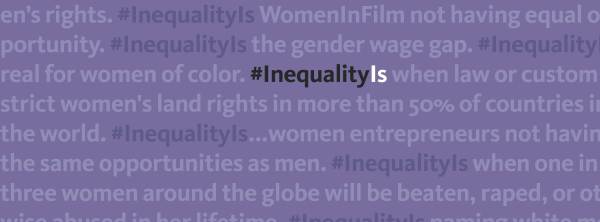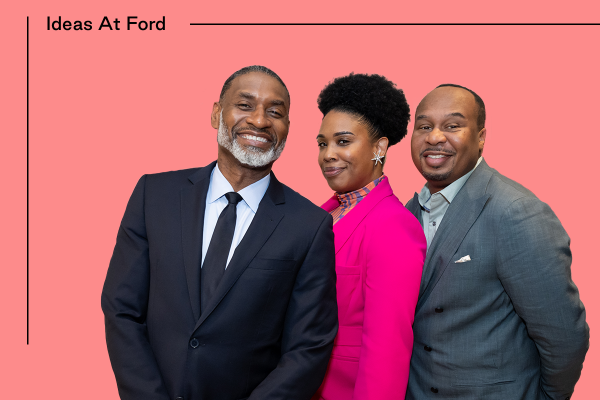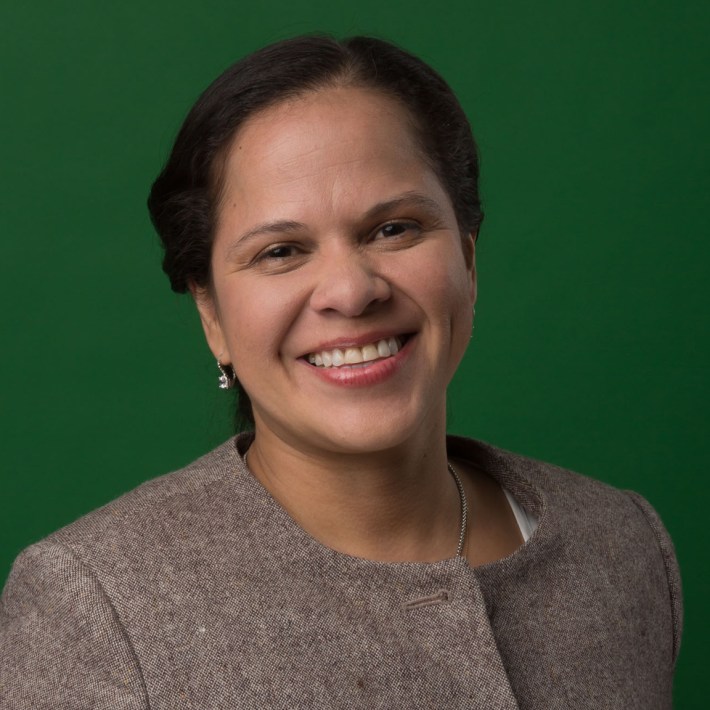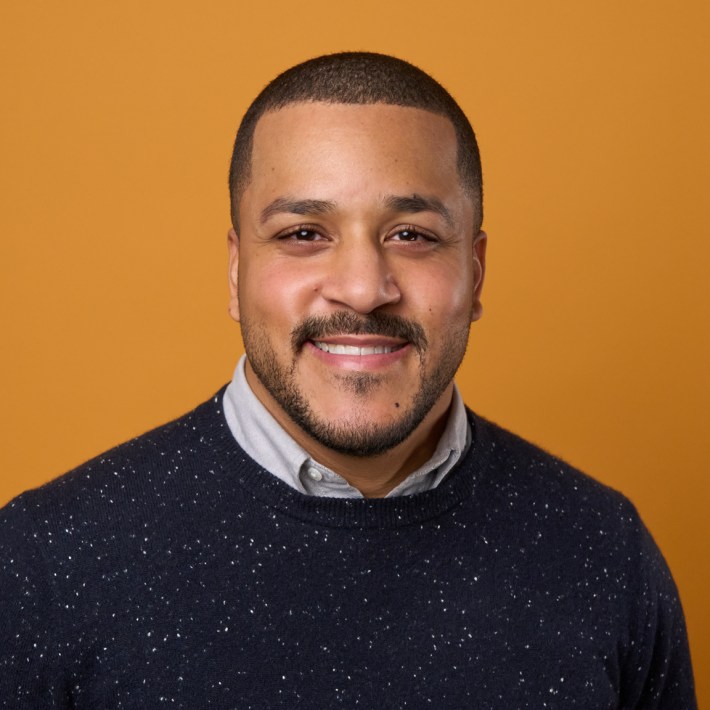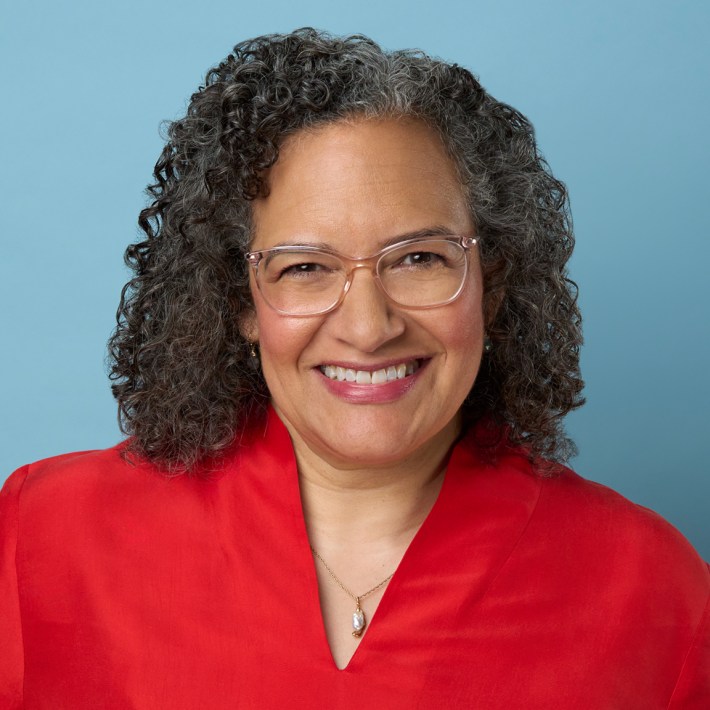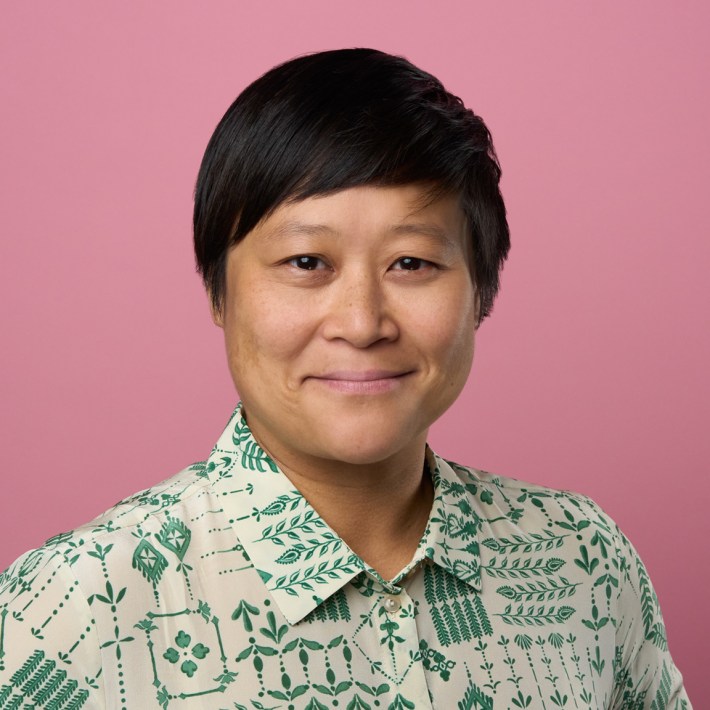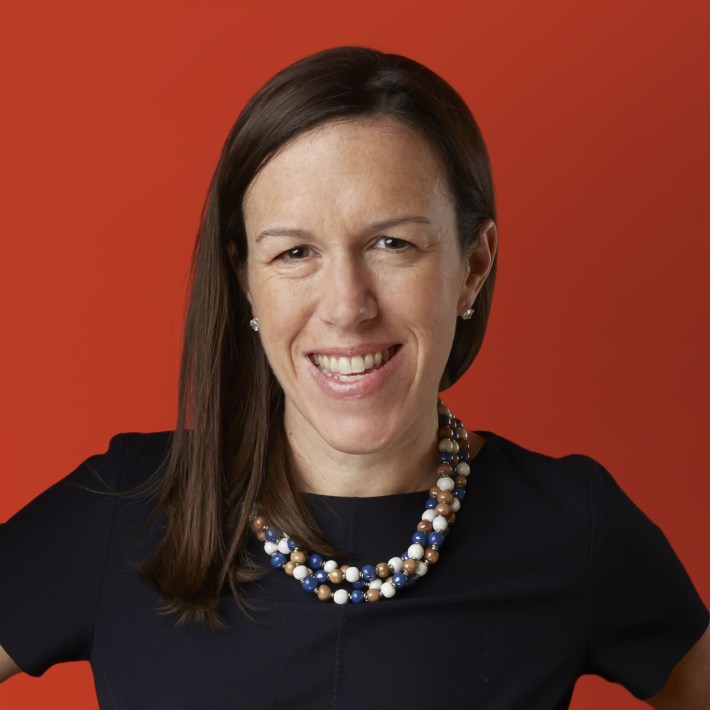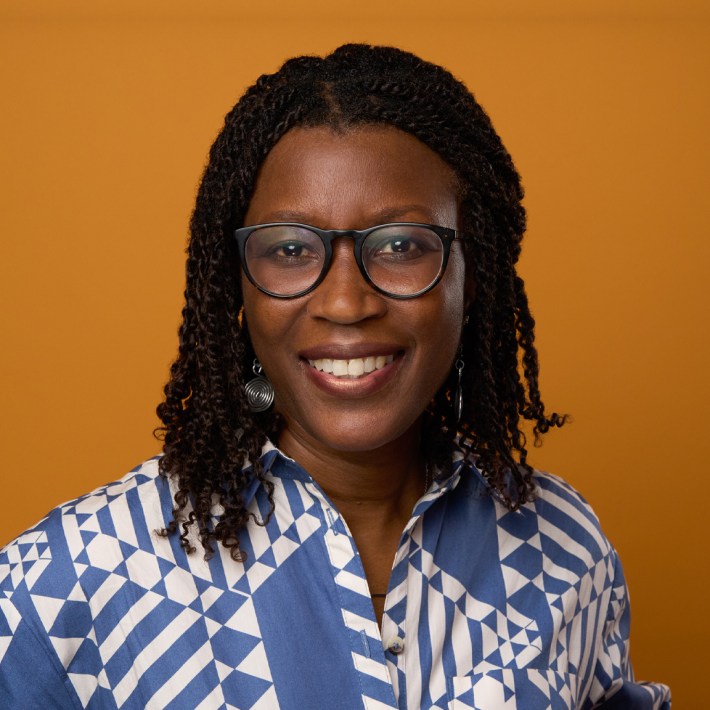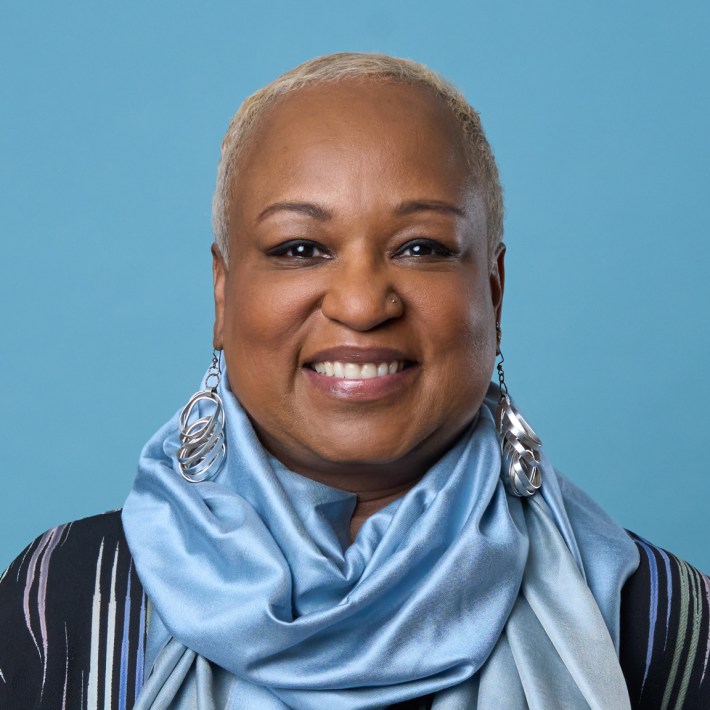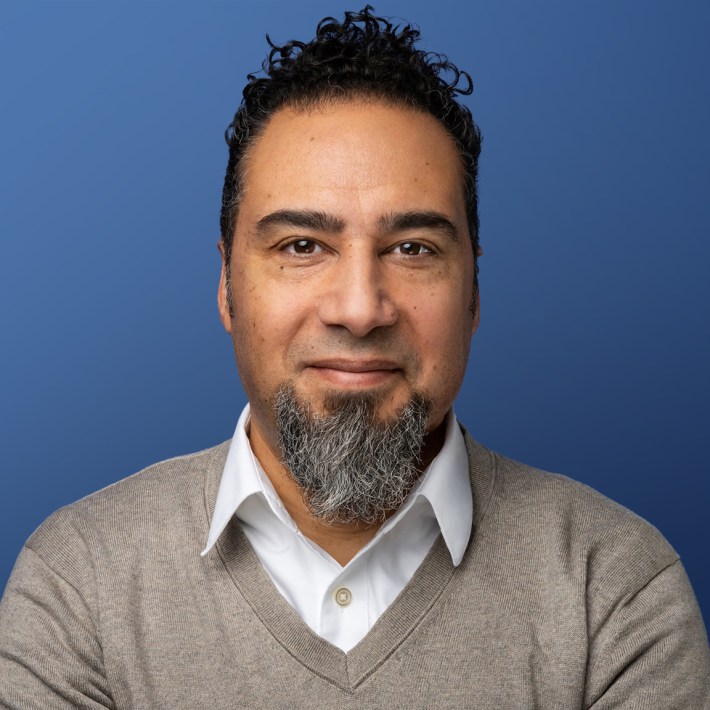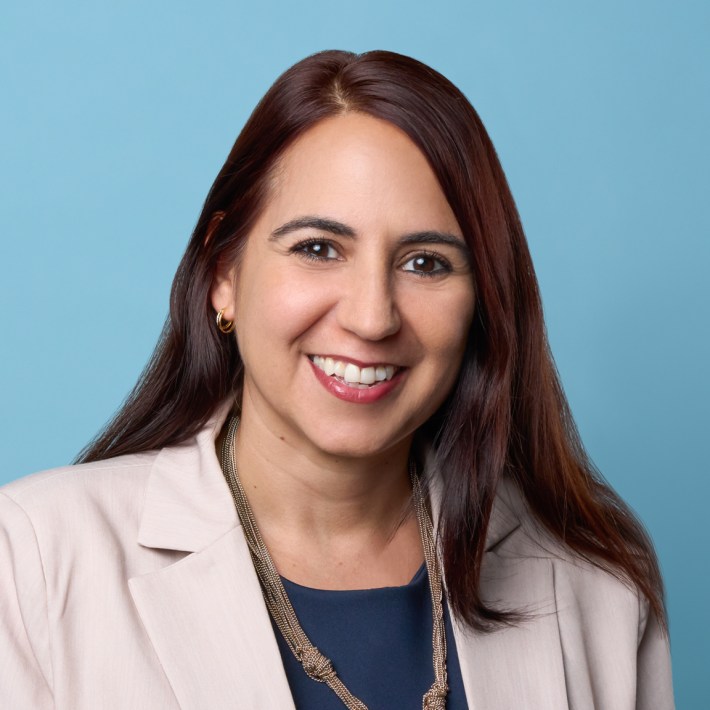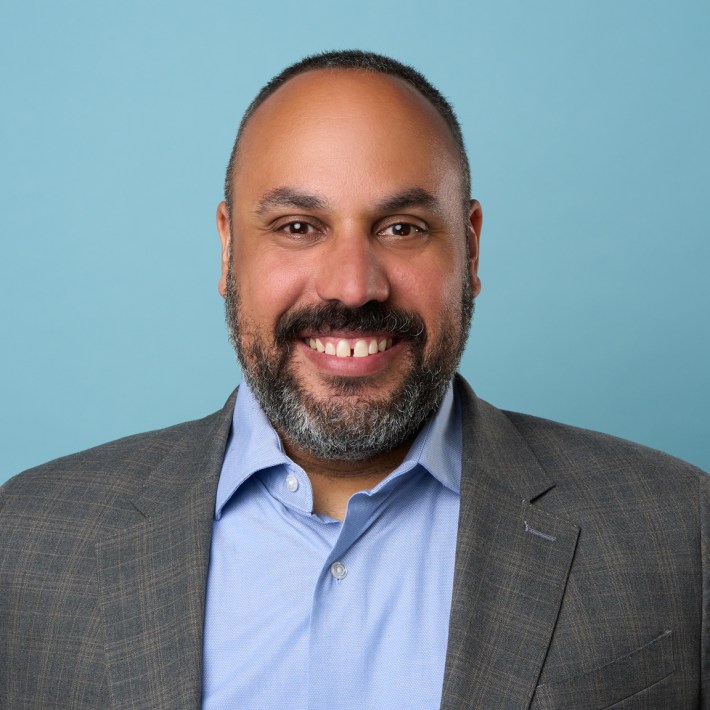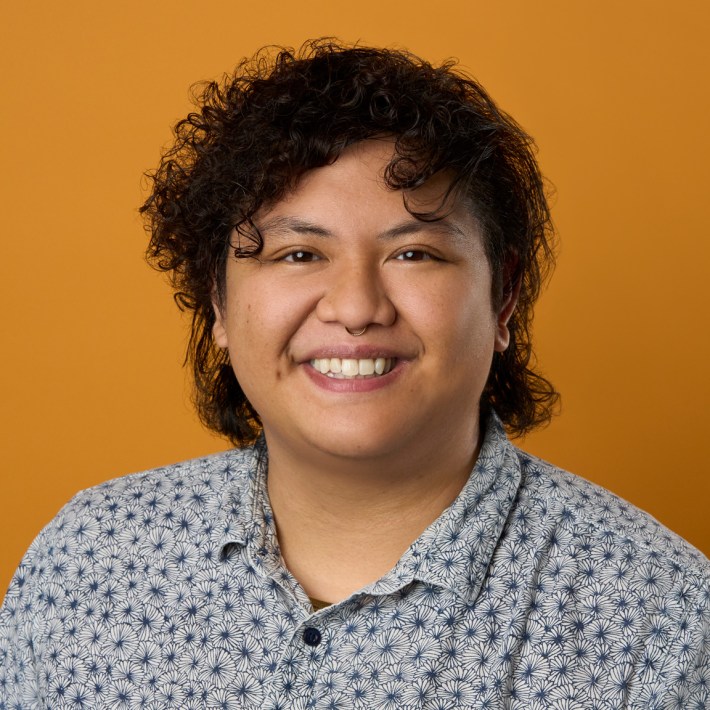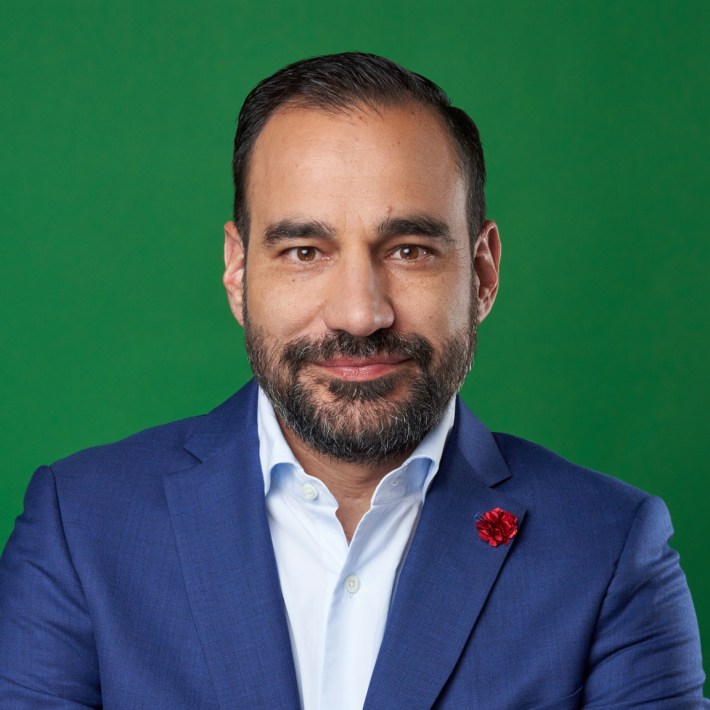United States
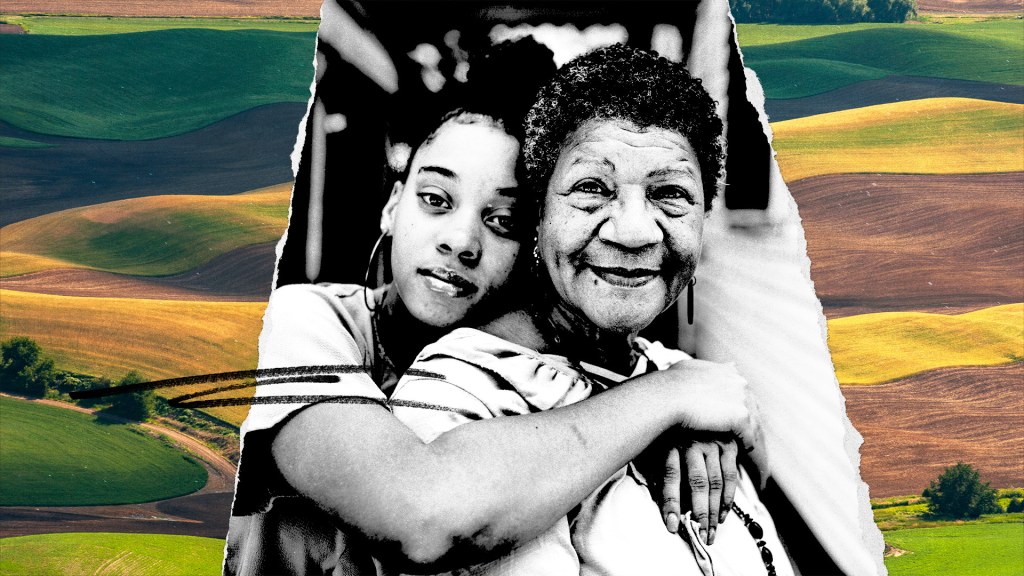
What inequality looks like
The American experiment is rooted in the ideals of equal justice and opportunity for all. At its best, the country has redressed historical injustices while incorporating newcomers into a dynamic and innovative society, promoting shared prosperity, and serving as a model and beacon for other nations. But current levels of inequality—the highest among advanced economies—threaten to undermine that promise and undercut economic growth.
Over the past generation, political, social, and economic systems too often have worked on behalf of the most privileged, failing to be responsive and inclusive. The notion of a strong social contract between people and their government, workers and their employers, and society and its youth has eroded significantly—with regressive fiscal and social policies placing higher burdens on the poor and failing to promote the common good. Meanwhile, an extremely high incarceration rate, and the barriers, often lifelong, to civic and economic participation for those who enter the criminal justice system, have powerful and compounding effects—imposing severe costs on families, communities, and taxpayers across the country.
This extreme inequality is unsustainable, and it is inconsistent with American values. It is not, however, inevitable.
Challenging inequity to advance justice
As we come to grips with the ways that inequality harms us all, we are in a period when the demographic makeup of the United States is rapidly changing. In the coming decades, no single racial or ethnic group will constitute a majority. While this has amplified long-standing racial anxieties, it has also bolstered hopes for broader inclusion at a time when the economy is demanding new skills, business models, and supports for workers and families. Huge advances in technology are further shaping and fueling change.
These trends give the nation an unprecedented opportunity to challenge inequality in new ways. We need to strengthen education and other systems that act as equalizing institutions—but also reform systems that are perpetuating inequality. By helping to build and reinforce positive public narratives, we can contribute to making inclusion and fairness essential ingredients of the evolving national story. When appropriate, we can focus our efforts in places where we are more likely to generate critical momentum, influence policy and the national conversation, and demonstrate replicable models for change.
By supporting our partners in the field, we will help to build a social justice infrastructure that is networked, collaborative, and durable. A core element of this is strengthening the leadership of young people, women, immigrants, and people of color as contributors to problem solving. But our approach will also include supporting movements that are connecting and engaging people across issues and identities—transcending differences in race, gender, political party, class, or citizenship to better reflect the shared hopes and realities of a changing society. Finally, we are in a position to help reimagine the practice of philanthropy, ensuring that our sector adapts to the needs of a changing nation.
Working with a broad array of partners, we can contribute to turning the tide on inequality—and help build a stronger and more inclusive America.
More from the United States
Grant makers in the United States

Anthony Bebbington
International Program Director, Natural Resources and Climate Justice New York, USA
Anil V. Oommen
Senior Manager, Grants and Program Investments, Mission Investments and Natural Resources and Climate Justice New York, USA
Bryttnee Parris
Grants Manager, U.S. Disability Rights and Gender, Racial, and Ethnic Justice International New York, USA
Otto Saki
Program Officer, Global Governance, and Civic Engagement and Government International New York, USA
Josiah Vasquez
Program Assistant, Civic Engagement and Government International and Gender Racial and Ethnic Justice International New York, USA
